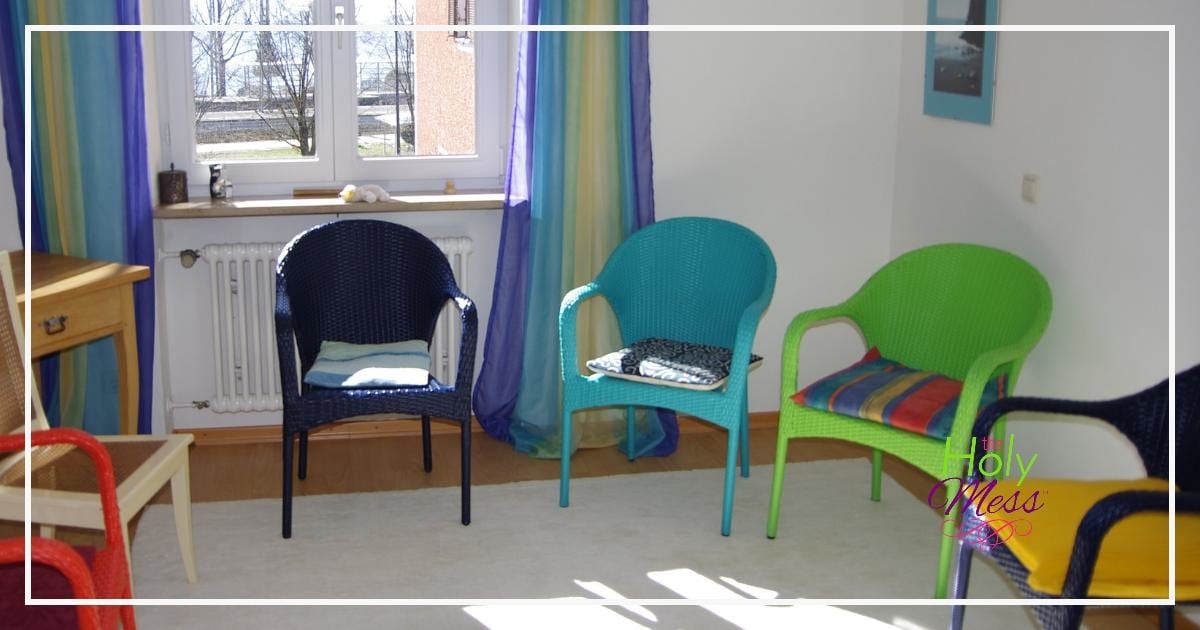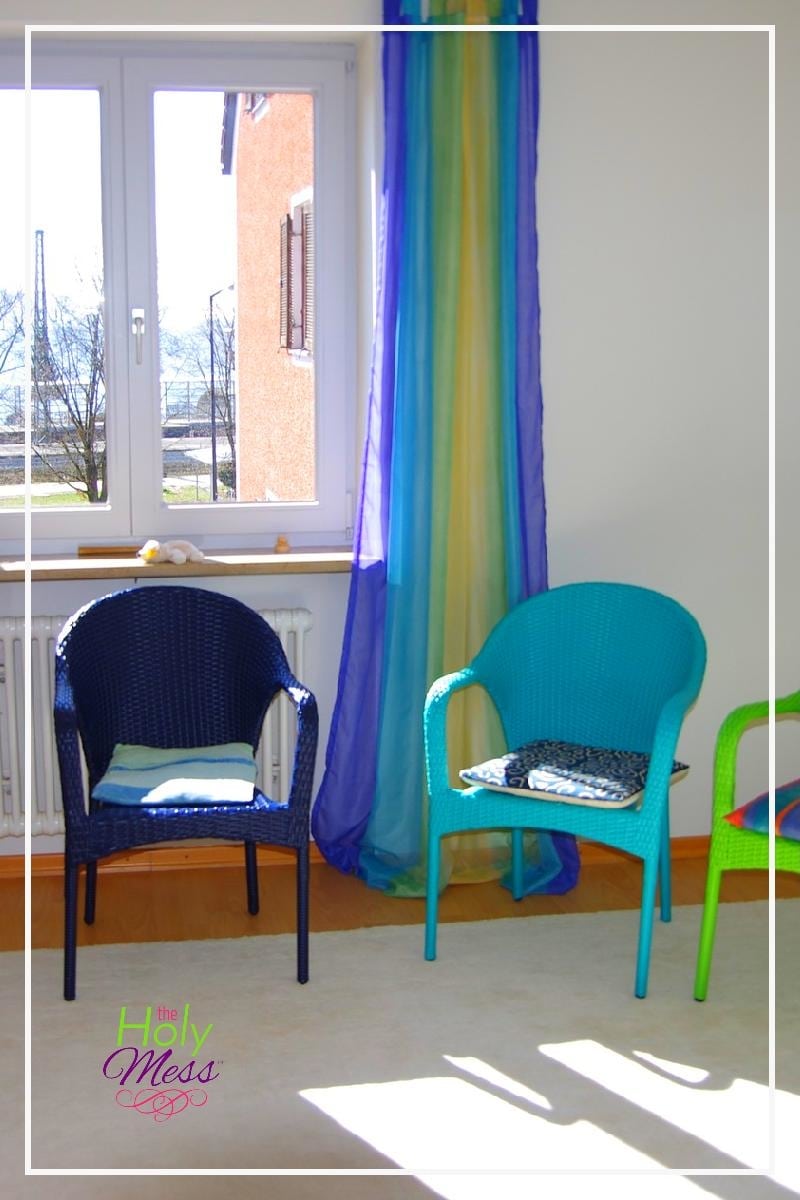- Still Standing
- What I Saw the Day of the Family Photos
- The Downward Spiral of My Son’s Behavior
- How Do I Talk to My Adopted Kids About Their Birth Family?
- The Day We Told Our Son About His Past
- I Called the Police for My Own Son…and I’m a Good Mom.
- The Worst Father’s Day…but it Wasn’t
- What It’s Like to Take Your Child to the Hospital for Mental Health Care
- What It’s Like When Your Child Needs Inpatient Mental Health Care
- What Visits Are Like When Your Child Gets Inpatient Mental Health Care
- What Life is Like When Your Child Has Mental Health Issues
- When Grief and Hope Come in Waves
- Attachment Therapy: When a New Start is Scary
- When You Beg God for a Miracle
- Tough Vacation Decisions for Kids with Special Needs
- When Kids Take Medication for Behavior
- Water Balloon Therapy
- When You Are Humbled
- He Goes to the Park
- How to Measure Progress in Tough Situations
- When My Adopted Child Cries for His Birth Mom
- The Two Equally Important Jobs of Every Parent
- How to Shift Conversations with Challenging Kids
- What to Do When Your Kids Lie to You
- Dodge and Weave
- When the Life Has Been Sucked Out of You
- Every Test in Your Life Makes You Bitter or Better.
- Mornings, Bedtimes, and Other Routines for Kids with Trauma History
- What Happens to the Sibling of a Special Needs Child
- I’m the Most Stubborn
- Watching Miracles Unfold
- How to Find Peace…When You Don’t Get Your Happy Ending
When your child is receiving inpatient mental health care, you love and hate visit days.
You miss your child desperately, yet visit times are painful for you and for your child.
Visiting is painful and not visiting is agony.
When your child is hospitalized for mental health care, in a group home or residential treatment, you want to be supportive but wonder about the best way.
You want to remain in contact but also allow the child to complete the treatment program and follow the structure of the facility.
My husband and I have had children several inpatient mental health care programs of both short and long term, so I can tell you what visits are like plus offer helpful tips we have learned along the way.

General Visit Tips
Here are some general tips for what we have found useful in every type of facility.
Always check with your facility for specific rules and guidelines.
1.Let go of the guilt.
If you are like most of parents, you are probably beating yourself up, wondering what you could have done differently, and why your child is in this situation.
Suddenly it seems like all your friends’ kids on Facebook are mini-Nobel Laureates, while your child is struggling to make it through one whole day. (Side tip: Take a break from social media if needed.)
You are doing your best.
As a therapist once told me, “Your guilt is not helping your child, but holding onto it can hurt him.”
2. Tell people whatever you want.
You might be very worried about what people will think.
Our family tends to be fairly open, but we still don’t say a whole lot when our kids are in a facility. If friends or members of our congregation ask, I have no problem telling them what is going on, but I don’t post it on social media.
I’ve found that most people are asking out of care and concern, not trying to be nosy. While I’m not ashamed that my kids need mental health care, it’s also private and not people’s business unless you choose to tell them.
The important thing is to come up with an answer in advance that you as a family feel comfortable sharing.
3. Get some rest.
You are surely exhausted. Things don’t get to this point with your child unless life has been going to hell in a hand basket for awhile.
You probably tried to wait it out, new therapy, new medication, and other measures before this crisis time, too.
While your child is inpatient getting mental health treatment, you need to be resting.
So whether you love the facility where your child is or you aren’t overly thrilled with it, your child is there now. You sitting and stewing isn’t doing your child a darn bit of good.
Use this time for self-care. Get sleep. Spend time with your other kids, who have probably been neglected and are scared and hurting. Go out on a date with your husband. (Remember him?)
See point #1. Don’t feel guilt about these things. Heaven knows you need it.
4. Visits with your kid might suck.
The first time we went to visit our son while he was inpatient at a mental health crisis center, our whole family anxiously went to visit. I had been awake most of the night before, worried about him and wondering how he was doing. Our other kids were concerned about their brother.
Imagine our shock when our son sat down on the couch with us for 2 minutes then said, “They are having macaroni and cheese for lunch. Can I go now? I want to go back and see my friends.”
Um…friends? What friends? He had just arrived the night before, and he wanted to see his “friends” more than his family? Mike and I were devastated and our kids were so hurt by our son’s behavior, we all went back to the car in stunned silence.
Visits are stressful for both you and your child, so don’t expect too much from either of you.
During time in an inpatient facility, your child is isolated from the outside world. All the stress of regular life (school, home, work, hobbies, chores, fear of hurting himself or someone else) is removed.
When you come to visit, real life all comes rushing back and it overwhelms. If your child doesn’t want to see you, or visits are short, that doesn’t mean she doesn’t love and care about you.
On the other hand, if your child clings to you, this also doesn’t mean your child isn’t getting good care or shouldn’t be at the facility. Both are understandable reactions to a tough situation.
There were a few times when my son was inpatient and called home that he talked to my husband and I made the decision not to talk to my son that day. I love him and missed him desperately, but I was completely emotionally depleted and needed rest.
5. Visits are awkward.
Visits are just weird and there is no getting around it. Here is your child that you’ve lived with 24/7 — you changed her diapers for heaven’s sake! — and now you are only allowed to see her in one room, for one short period of time. It feels so wrong.
There were times I wanted to stand up and start shaking people, “Who are YOU to tell ME when I can and can’t see my child!?”
Other times I was so relieved they were taking over the care of my little darling, I was ready to kiss their feet, skip out of the door with relief, and send them a fruit basket.
Visits are typically in a common room of some type. You will probably not be allowed to go back to your child’s room. Sometimes visits are private, sometimes there are other people visiting at the same time.
Usually there is some type of supervision, which always feels weird and invasive to me. Again, who are you to watch me parent? But remember this is about keeping you and your child safe (and the rules of the facility) so try to not feel too self-conscious.
6. Bring something to do.
It’s a very strange feeling to sit in front of your child with nothing to do or talk about, but after about 5 minutes of “What did you eat for lunch? What did you eat for breakfast?” — trust me that the conversation goes no where fast. You can share news from home but this might be upsetting to your child who is missing out on those things.
Many parents resort to visiting at meal times and bringing food, but we have opted not to do this. Our child has food issues and it quickly becomes a control situation and “visit me and bring me fast food” type of scene. Not gonna happen.
We have found card games and very simple board games to be a helpful distraction, or the relaxing coloring books that are popular currently are also nice to work on together.
7. Check the rules.
The rules vary depending on if this is a short or long-term stay. You can bring your child clothes but we have found items often don’t get returned. Nothing can have strings, including shoes or pants draw-strings. Typically things like toiletries and bedding are provided.
Many facilities don’t allow toys as these can cause issues with the other kids, but some allow personal items, especially if the kids each have their own room.
Visits at a Short Term Facility
At a short-term facility, the goal is typically for a child to return home within 1-7 days. Sometimes kids stay longer, but overall the goal is weeks, not months.
Because the goal is a quick return home, visits are welcome.
We typically visit our child every other day when in this type of situation. There might be visiting hours or you might be allowed to visit anytime during the day if the facility is small. Still, check with the staff about the best time to visit.
Typically at this type of facility, phone calls are welcome and encouraged. Again, check with staff , plus you know what works for your child. A phone call before bed can be helpful for some kids. For others, this reminder of home is upsetting and they don’t fall asleep well, so a morning call is better.
Visits at a Long-Term Facility
If your child is in a group home or residential treatment center, you will typically visit less often but the visits will be longer. The goal is for your child to adapt to the routine of the facility, so plan your visits and phone calls to be on a regular basis.
You may live some distance away so cannot come visit as often.
If your child is improving, the facility may allow a visit home or out in the community with a day pass. These can be a treat for everyone, or a cause of big stress. Work with the staff to come up with a safety plan in advance, steps to take if your child becomes upset, and what behaviors warrant an immediate trip back to the facility.
Making It Emotionally
A Special Note for Tough-as-Nails Parents
If your child has been in a facility or is currently in a facility, you need to know you are an amazing person, who is doing an incredibly hard job, and I’m sure you don’t give yourself nearly enough credit for it.
What you are going through is HARD.
Our systems — insurance, Department of Human Services, mental health — are designed to keep children in families, and this is not a bad thing.
Still, because of this mind-set, what happens is that your very real fears and issues are constantly downplayed.
- The behavior is “not bad enough” to warrant treatment.
- The insurance will “approve 7 days” when really your child needs a year of treatment.
- Case workers compliment you on how well you are handle your kids, then walk out the door leaving you to figure out how to make it through the day. The compliment is empty. You don’t want a compliment — you need tangible help!
One year my son was in a treatment facility on his birthday. We had just been to court because the county was threatening our parental rights in an effort to get us to bring our son home from the treatment he needed.
After months of telling me our situation was “not that bad”, as she was leaving the caseworker said to me off-hand, “What you are doing is hard. I always say, except for your child dying, this is the hardest thing a parent could ever deal with.”
No, she didn’t always say that. What she said out loud to me was, “Your situation is not that bad compared to what we see.”
Parents, allow me to validate you.
This is tough. You are tough-as-nails.
You may wonder how you will have the strength to survive this.
You won’t.
Trust God to provide strength when yours runs out.
Still Standing
Bible Verse
For I will restore health to you,
and your wounds I will heal,
declares the Lord,
because they have called you an outcast:
‘It is Zion, for whom no one cares!’Jeremiah 30:17
Journal Prompt
We often want to “fix it” for those we love, but sometimes our calling is simply to be present. Think of a situation in your life now where your calling is simply to be present.
- Still Standing
- What I Saw the Day of the Family Photos
- The Downward Spiral of My Son’s Behavior
- How Do I Talk to My Adopted Kids About Their Birth Family?
- The Day We Told Our Son About His Past
- I Called the Police for My Own Son…and I’m a Good Mom.
- The Worst Father’s Day…but it Wasn’t
- What It’s Like to Take Your Child to the Hospital for Mental Health Care
- What It’s Like When Your Child Needs Inpatient Mental Health Care
- What Visits Are Like When Your Child Gets Inpatient Mental Health Care
- What Life is Like When Your Child Has Mental Health Issues
- When Grief and Hope Come in Waves
- Attachment Therapy: When a New Start is Scary
- When You Beg God for a Miracle
- Tough Vacation Decisions for Kids with Special Needs
- When Kids Take Medication for Behavior
- Water Balloon Therapy
- When You Are Humbled
- He Goes to the Park
- How to Measure Progress in Tough Situations
- When My Adopted Child Cries for His Birth Mom
- The Two Equally Important Jobs of Every Parent
- How to Shift Conversations with Challenging Kids
- What to Do When Your Kids Lie to You
- Dodge and Weave
- When the Life Has Been Sucked Out of You
- Every Test in Your Life Makes You Bitter or Better.
- Mornings, Bedtimes, and Other Routines for Kids with Trauma History
- What Happens to the Sibling of a Special Needs Child
- I’m the Most Stubborn
- Watching Miracles Unfold
- How to Find Peace…When You Don’t Get Your Happy Ending
Resources
 Stand Alone (A P.D. Workman...Shop on Amazon
Stand Alone (A P.D. Workman...Shop on Amazon Challenger DeepShop on Amazon
Challenger DeepShop on Amazon NIV Study Bible, Personal S...Shop on Amazon
NIV Study Bible, Personal S...Shop on Amazon








Sara, you are living my life. Keep up the good fight you are helping so many to walk an unknown journey!!
Thank you Renea. God bless you my friend! xoxoxo
Dear Sara … it was a grace to meet you today. Please let me tell you that I needed to read your post, glean from your wisdom, learn from your experience.
Bless you as your journey ahead …
I’ve never been in this situation, but it seems like wise advice. I especially like the idea of simple things to do like board games. One of my children didn’t usually open up to me in direct conversations when he was growing up, but he sometimes would when we were doing something else together. Thanks for stopping by my blog today!